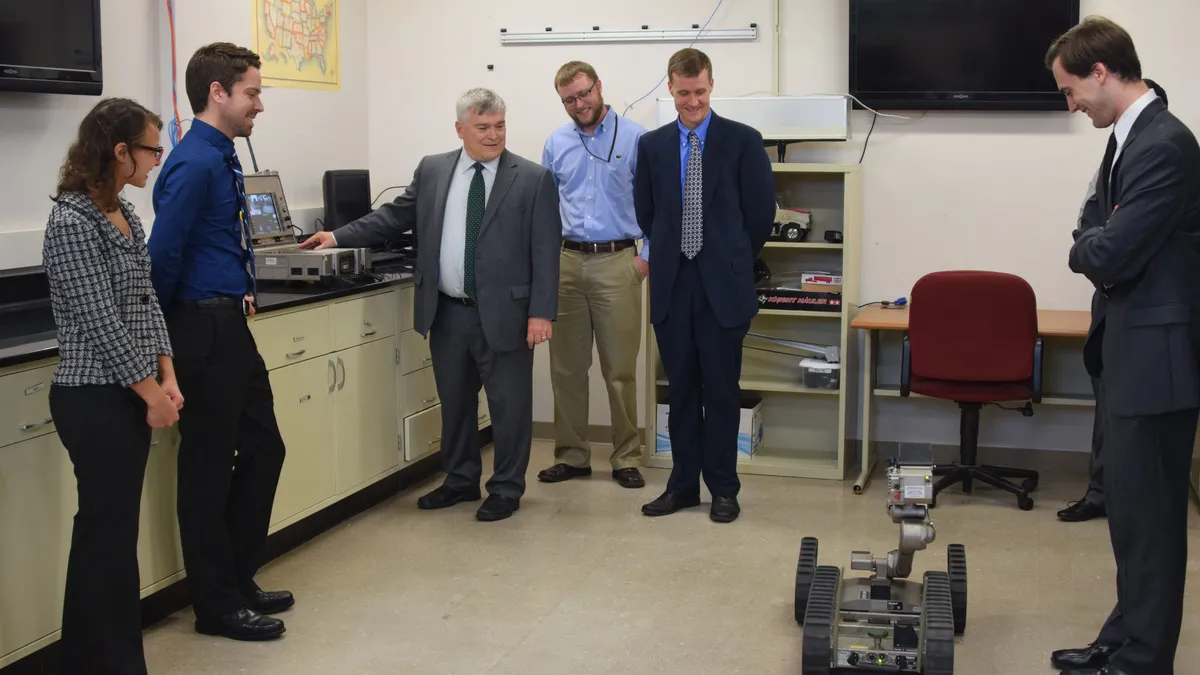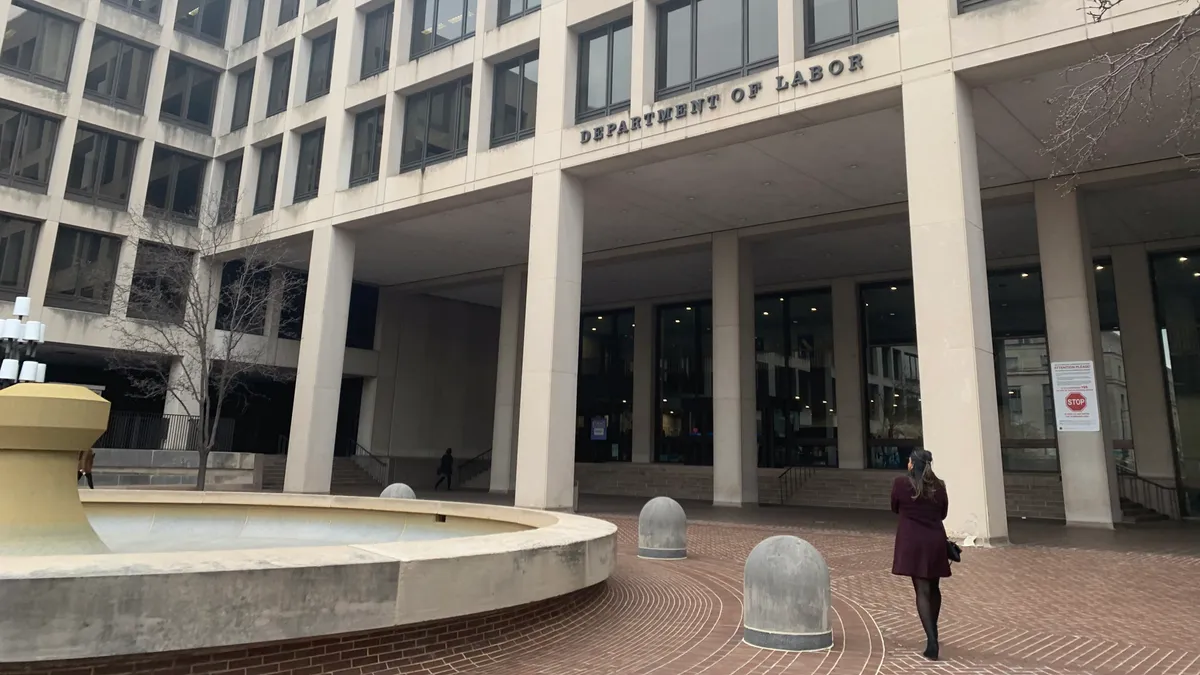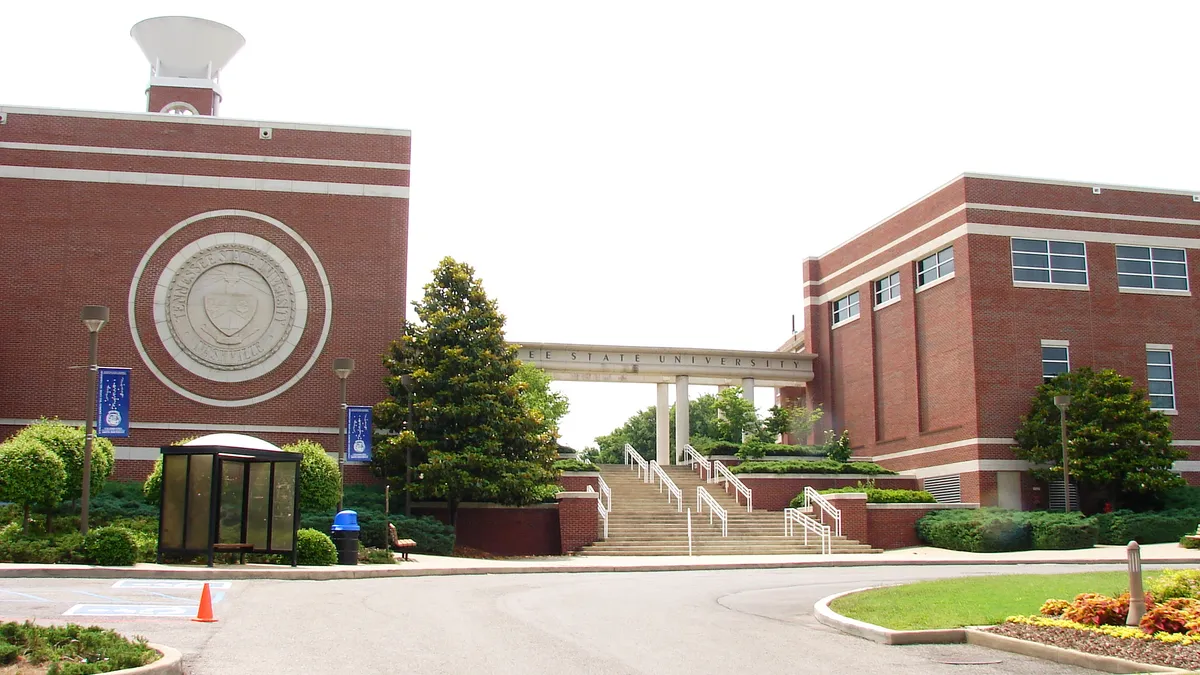Dive Brief:
- The Washington Post reports on the surge of artificial intelligence in a variety of industries and how the rise of robots could dramatically impact higher education in the near future.
- More than 80% of experts believe computers with artificial intelligence will be able to process information and react on the level of human beings by the year 2040, which will mean reduced jobs and a reduction in the need for higher education for a large percentage of the population.
- According to Northeastern President Joseph Aoun, bootcamps teaching specific coding and programming knowledge could be the future of education, as fewer jobs in a range of industries will be available outside of programming and designing artificial intelligence.
Dive Insight:
Artificial intelligence will be able to conduct much of the scientific and research-based work of the future, with the ability to run or to predict millions of trials based upon billions of variables and data points. But what robots and computer programs will not be able to do is identify key areas of human suffering or need, and program themselves to address complex issues of public health, economy and other industries based upon human existence.
This will always demand that humans have a role in meeting these needs, but for college leaders, the money and the future lies in parsing which industries will need more programmers versus actual employees, and adjusting academic programs to these realities.









